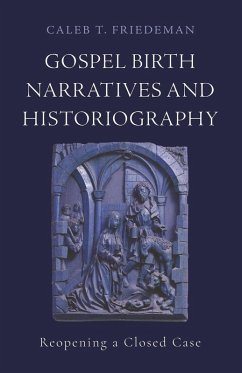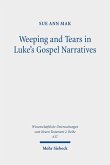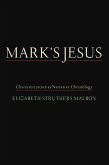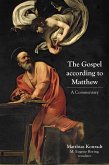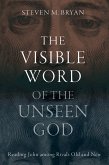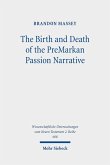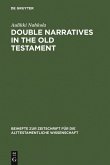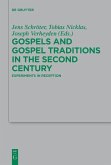Scholars today tend to view the birth narratives of Jesus as substantially less reliable than the rest of the canonical Gospel accounts. Indeed, many recent studies of the historical Jesus pass over his birth altogether or provide only scant commentary. A primary reason for this skepticism is intent oriented: ancient birth narratives (so the argument goes) were meant to be legendary, not historical, and so the Gospel birth narratives, too, should be understood as essentially legendary. Caleb Friedeman challenges this skepticism and argues that ancient birth narratives-including the accounts of Matthew and Luke-were intended to be historical.
The core argument of Gospel Birth Narratives and Historiography proceeds along three lines: (1) The Gospels are ancient biographies. (2) In ancient biographies, birth narratives were not intended to be legendary but historical. (3) Therefore, the Gospel birth narratives are not intended to be legendary but historical. Part 1 examines birth material in a representative sample of ancient biographies from the works of Cornelius Nepos, Philo of Alexandria, Plutarch, and Suetonius. In each case, Friedeman demonstrates that the writer presents his birth material with historiographic intent (e.g., citing sources, noting differences between sources, evaluating the truth of sources). To show that the samples are not biased, Friedeman provides a summary chart for each author that details historiographic features in both the birth material and non-birth material of their biographies. Part 2 turns to the Gospel birth narratives to consider how the historiographic nature of birth narratives in ancient biography should shape our reading of Matthew 1-2 and Luke 1-2.
The overarching aim of Gospel Birth Narratives and Historiography is not so much to argue that the Gospel birth narratives are historically true as that they are meant to be historically true. Friedeman thus reframes the discussion of Gospel birth narratives and historiography and in so doing opens a previously closed horizon for historical Jesus scholarship.
The core argument of Gospel Birth Narratives and Historiography proceeds along three lines: (1) The Gospels are ancient biographies. (2) In ancient biographies, birth narratives were not intended to be legendary but historical. (3) Therefore, the Gospel birth narratives are not intended to be legendary but historical. Part 1 examines birth material in a representative sample of ancient biographies from the works of Cornelius Nepos, Philo of Alexandria, Plutarch, and Suetonius. In each case, Friedeman demonstrates that the writer presents his birth material with historiographic intent (e.g., citing sources, noting differences between sources, evaluating the truth of sources). To show that the samples are not biased, Friedeman provides a summary chart for each author that details historiographic features in both the birth material and non-birth material of their biographies. Part 2 turns to the Gospel birth narratives to consider how the historiographic nature of birth narratives in ancient biography should shape our reading of Matthew 1-2 and Luke 1-2.
The overarching aim of Gospel Birth Narratives and Historiography is not so much to argue that the Gospel birth narratives are historically true as that they are meant to be historically true. Friedeman thus reframes the discussion of Gospel birth narratives and historiography and in so doing opens a previously closed horizon for historical Jesus scholarship.
Dieser Download kann aus rechtlichen Gründen nur mit Rechnungsadresse in A, D ausgeliefert werden.

